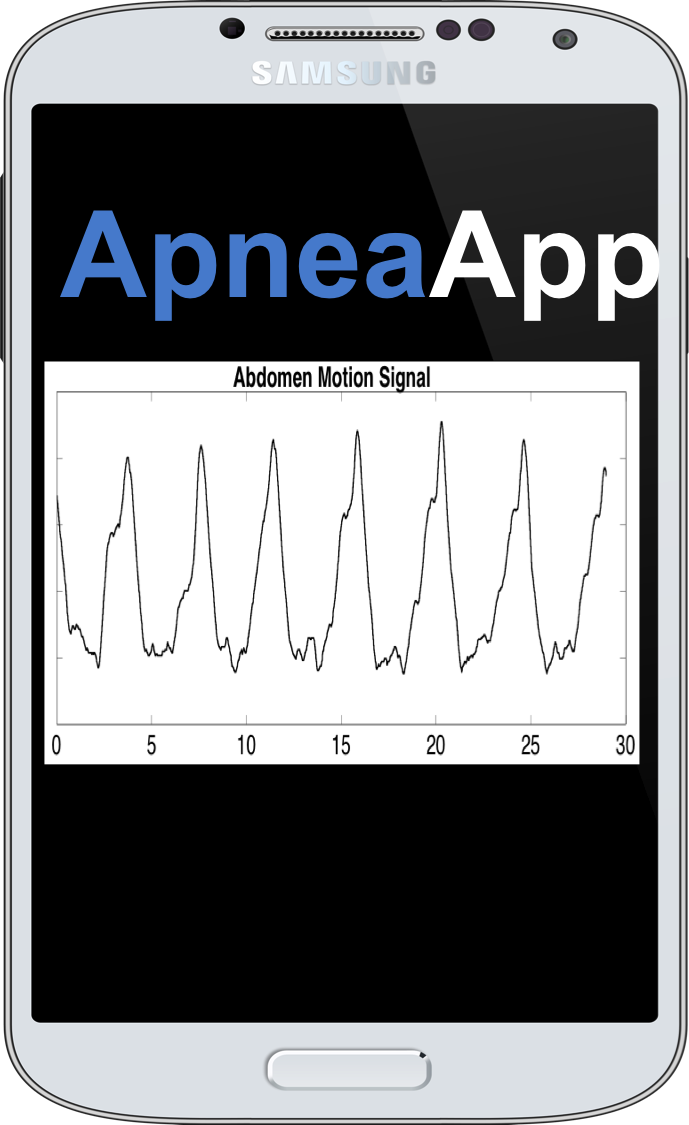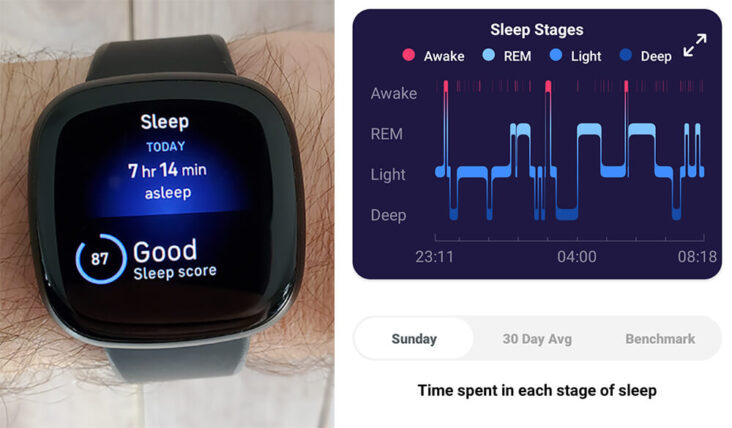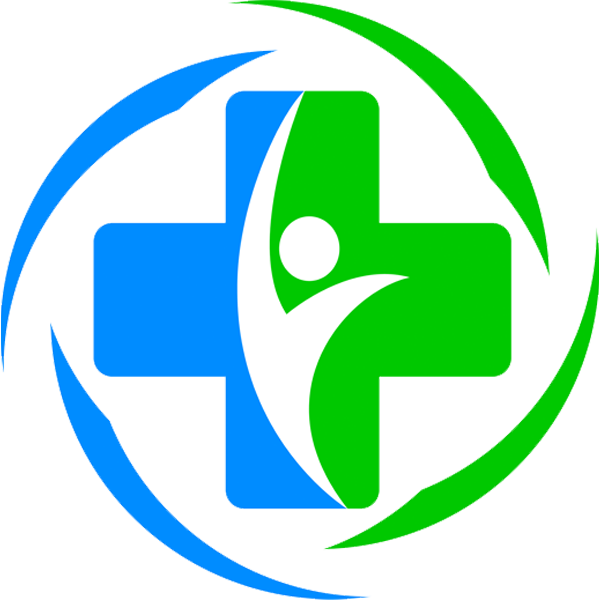Are you curious to know if fitness trackers can detect sleep apnea? If so, you’ve come to the right place! This article will explore how fitness trackers can be used to identify signs of sleep apnea, and how this technology can help you better monitor your sleep health. We’ll discuss the accuracy of fitness trackers for detecting sleep apnea, as well as the limitations of current technology. Read on to learn more about how fitness trackers can help you detect sleep apnea!
What is Sleep Apnea and Its Symptoms?

Sleep Apnea is a disorder that affects your breathing while you sleep. It can be a serious health problem if not treated properly. Symptoms of sleep apnea can vary from person to person, but some of the most common signs include snoring loudly, waking up gasping for air, and feeling tired even after a full night’s sleep. Other symptoms may include feeling fatigued during the day, difficulty concentrating, headaches, and irritability. If you experience any of these symptoms, it’s important to talk to your doctor as soon as possible to get a proper diagnosis and treatment. Fitness trackers can be used to detect sleep apnea and monitor your sleeping patterns, making it easier to get the help you need.
How Do Fitness Trackers Help Monitor Sleep Apnea?

Fitness trackers are an awesome tool for those suffering from sleep apnea. Not only are they able to track your sleep cycles and detect any potential sleep apnea episodes, but they can also help you keep track of your breathing rate, heart rate, and other vital signs. This data can then be used to make lifestyle changes to help manage or even eliminate your sleep apnea. Some fitness trackers even have specific settings to make it easier to monitor your sleep apnea. By tracking your sleep patterns, you can make sure you’re getting the restful sleep you need and make sure you’re not suffering from any of the risks associated with sleep apnea. Fitness trackers make it easy to monitor your sleep apnea, and they can help you get the restful sleep you need to stay healthy and strong.
The Benefits of Using a Fitness Tracker to Track Sleep Apnea

Using a fitness tracker to track sleep apnea can be a great way to keep an eye on your health and help you get the most out of your sleep. Not only can it help you detect and monitor sleep apnea, but it can also be used to track your sleep patterns, track your exercise and activity levels, and even help you figure out how to optimize your routine for better rest. By tracking your sleep apnea, you can easily identify patterns that may be causing your sleep apnea and make adjustments to your lifestyle that can help you get the restful sleep you deserve. Plus, when you monitor your sleep, you can get the added bonus of being able to track your overall health and fitness progress as well. With the help of a fitness tracker, you can stay on top of your sleep apnea and make sure you’re getting the best quality rest possible.
Advantages and Disadvantages of Using a Fitness Tracker to Monitor Sleep Apnea

Advantages of Using a Fitness Tracker to Monitor Sleep ApneaUsing a fitness tracker to monitor your sleep apnea can be incredibly helpful in tracking your progress and improving your overall health. With a fitness tracker, you can easily track your sleep patterns and quality, as well as monitor your heart rate and breathing to give you an accurate picture of how your body is responding to the apnea. With this information, you can then adjust your lifestyle and treatment plan accordingly to ensure that you are getting the best possible results. Additionally, having access to this information allows you to be proactive in addressing any problems that may arise.Disadvantages of Using a Fitness Tracker to Monitor Sleep ApneaWhile using a fitness tracker to monitor your sleep apnea can provide you with valuable information, it also has its drawbacks. For one, fitness trackers require an upfront cost for the device itself, and then there are additional costs for replacing the device or for subscription services to use the data. Additionally, fitness trackers don’t provide a complete picture of your sleep apnea as they don’t measure oxygen levels or other more specialized tests. Lastly, fitness trackers may not be as accurate as other sleep apnea tests.Using a fitness tracker
Tips on Using a Fitness Tracker to Monitor Sleep Apnea

If you’re looking for a way to monitor your sleep apnea, fitness trackers can be an incredibly helpful tool! While these trackers can’t diagnose sleep apnea, they can provide insights that can help you determine if you need to discuss your sleep patterns with your doctor. Here are a few tips on using a fitness tracker to monitor sleep apnea: 1. Set realistic goals. While fitness trackers can be helpful in monitoring your sleep apnea, they won’t be able to provide a diagnosis. That’s why it’s important to set realistic goals. Try to use the tracker to see if you’re meeting your sleep goals and if you’re able to get restful sleep. 2. Track changes in your sleep patterns. Fitness trackers can help you to track changes in your sleep patterns over time. This can be helpful in determining whether or not you’re experiencing sleep apnea. Pay attention to any patterns of frequent awakenings, snoring, or pauses in breathing. 3. Consider talking to your doctor. If you’re still not sure about whether or not you have sleep apnea, consider talking to your doctor. They can provide more insight into your specific situation and can help you determine if you need to




